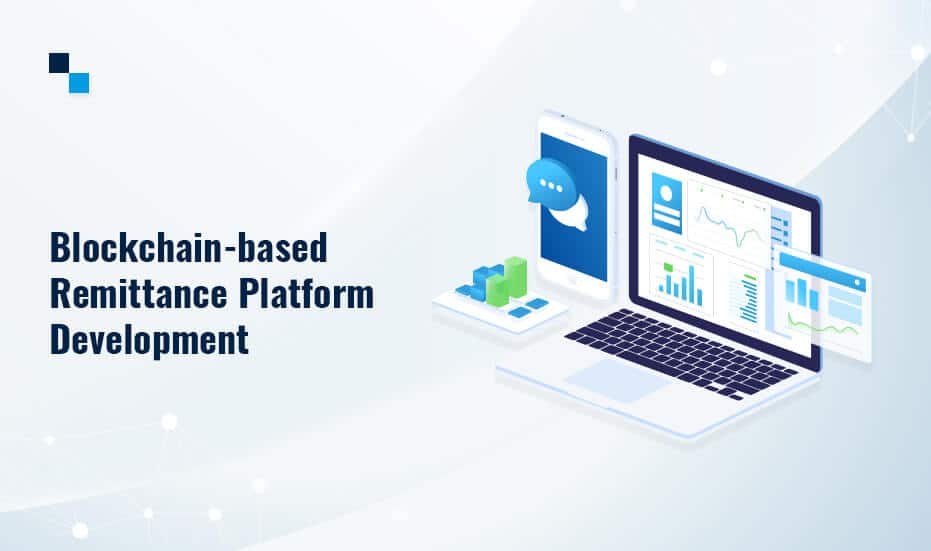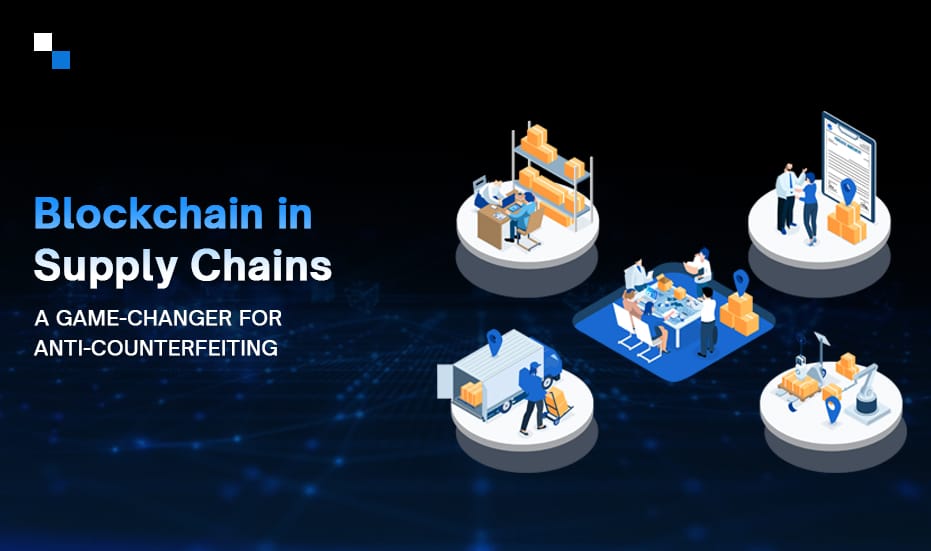Remittance is a type of financial transaction that involves moving money between two accounts at the same or other financial institutions. The Society for Worldwide Interbank Financial Telecommunication (SWIFT) is in charge of moving messages through the payment chain in a cross-border transaction. The correspondent banks handle all cross-account debits and credits depending on the message, passing the value on to the eventual beneficiary.
The Pitfalls of Traditional Remittance Method
Banks use centralized ledgers to record transactions in the present cross-border payment system. The term “centralized ledger” refers to a bank’s complete control over which transactions are recorded on the ledger.
The following are some of the flaws in the conventional cross-border payment system:
• Fees charged by SWIFT
SWIFT transmits messages to ensure that the debit entry of one bank’s ledger is properly transmitted to another bank’s ledger to post or pass the equivalent credit entry in its ledger because the ledgers are centralized and hence local to the banks. SWIFT charges a fee for sending and receiving messages. The cost rises in proportion to the number of messages sent. SWIFT charges a fee to both banks, whether they are at the receiving end or sending end.
• Transaction settlement times are longer
Every cross-border transaction must pass through correspondent banks, which are in charge of receiving and consolidating payment messages before retransmitting confirmation or denial to the receiving bank. This leads to a long transaction settlement time.
• Data security and protection
When making cross-border payments for pooled accounts, the message’s source is changed and populated with an internal bank account number, raising data security and privacy problems for the recipient bank.
Build your Own Blockchain Remittance Platform
Schedule Free DemoHow can Blockchain play a major role in cross-border transactions?
Blockchain and distributed ledger are gaining traction among banks and financial institutions due to the restrictions of the traditional approach for cross-border transactions. The technology is widely accepted and harnessed for blockchain remittance platform development.
Blockchain is a distributed global ledger that is available to everyone on the network. This means that every network node or party has a complete copy of the database. Any database modifications will need to be checked and validated by other nodes. The nodes must reach a consensus to agree on the status of the database and validate it.
The elimination of any intermediary or correspondent bank has paved the way for direct, immediate, and irreversible cross-border transactions.
The core notion of blockchain-based money transfer is that it allows banks to have a bilateral, transparent, and immutable value transfer that is arbitrated by a settlement agency.
When leveraged for blockchain payment platform development, blockchain can provide the following benefits:
• The elimination of middlemen
When it comes to payment processing, blockchain eliminates the need for third-party services. The transaction takes place between parties, ensuring that the confidence is maintained.
• Quick and cost-efficient transactions
Blockchain-based cross-borders transactions are 388 times faster than fiat transactions. The absence of SWIFT for message processing reduces expenses along the payment chain, resulting in lower transaction costs. Furthermore, the elimination of a middleman expedites the transit of messages, lowering transaction settlement turnaround time.
• No need for intraday liquidity
The distributed ledger allows the nodes in the network to have an updated copy of the balances as they are maintained in the settlement accounts with the other banks, thus central banks do not need to maintain intraday liquidity.
• Immutable and transparent transactions
There are very few alterations or data modifications because the transaction details are encrypted and hashed. Furthermore, because the senders and recipients are network nodes, transactions are more transparent.
• Sensitive information is safeguarded.
Banks collect and store a lot of information about us. They have our name, address, phone number, financial information, FICO score, and that’s just the beginning. They’re also aware of where we’re spending our money. As a result, saving our protection with fiat monetary forms is challenging. Virtual monetary forms, on the other hand, provide a higher level of security.
The exchange information is limited to specified numbers with crypto payments. No further information is shared with anyone. As a result, crypto payments protect sensitive data.
• Total Security
The crypto payment gateway platform’s main advantage is security. Bitcoin, for example, is based on the blockchain, which is a decentralized, distributed, and electronic ledger. The transactions are ongoing. They can’t be changed or removed. As a result, the chances of misrepresentation are reduced in general.
Blockchain remittance platform development offers greater security to transactions.
• No chargebacks or hidden charges
Chargebacks force businesses to incur a considerable deal of loss. Chargebacks cost businesses a lot of money, according to business owners. A chargeback is essentially a one-way swindle in which customers get free goods and services by reporting fictitious charges against the company to their Mastercard organization.
Conclusion
You’ll need a professional team of blockchain engineers to create a spectacular blockchain-based remittance platform with all of the necessary extra features and products. Besides, you need to decide whether you need to create a platform from scratch or rather opt for a white label blockchain remittance platform.
At Antier Solutions, we offer customized development solutions to cater to your needs. Our blockchain engineers, equipped with deep domain knowledge and technical expertise, comprehend your needs to deliver meaningful outcomes.
Connect with our subject matter experts to share your needs for blockchain remittance platform development.





